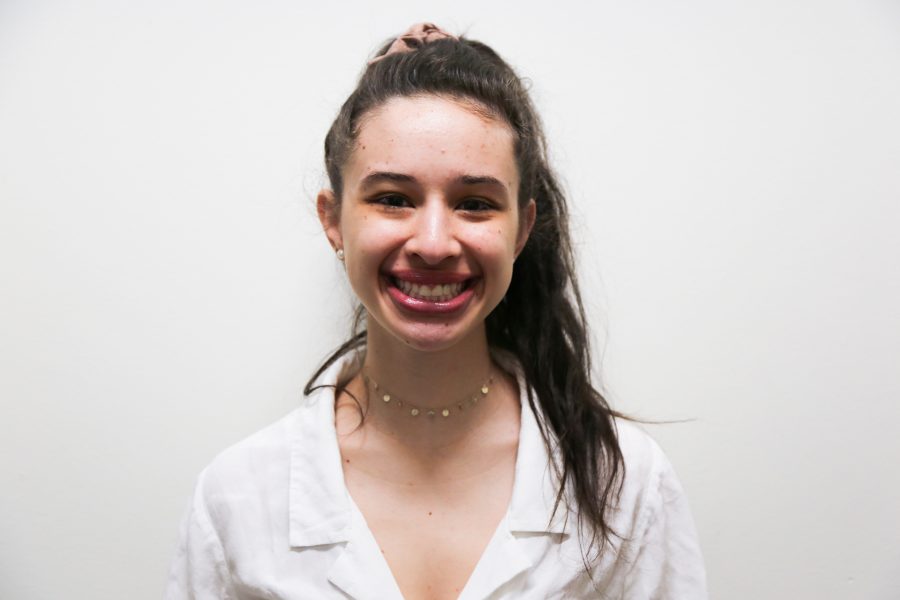When I first heard Netflix’s “One Day at a Time” was canceled after three seasons, I immediately picked up the phone and called my mom. It is the show we would always binge-watch together whenever I came home during breaks. We always laughed a little harder at the jokes, because as Cuban Americans, we knew how accurate they were. The show’s cancellation meant my mom and I were losing something special, something that deeply resonated with us. Though many celebrities and the cast and crew of the show are trying to save it, the fate of ODAAT is still up in the air. There are even other outlets trying to pick up the show to save it, but Netflix doesn’t seem to be budging.
The show’s cancellation affects more than the Latinx and Cuban communities it represents. Its funny and heartfelt storylines are something all audiences can enjoy. The show talks about issues like PTSD, substance abuse, anxiety and depression. It also features a main character who is gay, along with her gender-nonconforming significant other. According to GLAAD’s report on LGBTQ inclusion for 2017-2018, there are only 70 LGBTQ characters on streaming services’ original series, and of those 70, only 1% are gender-nonconforming.
In addition, “One Day at a Time” portrays these groups of minorities in a positive light. According to The Guardian, 50% of Latinx immigrant characters on TV have committed some sort of crime, further perpetuating a negative stereotype. There are a lot of sitcoms that make us laugh or cry, but rarely ones that discuss these groups and more, let alone one that centers around a Latinx family. And there continues to be a limited amount of Latinx representation on television as a whole. In 2014, there was a show called “Cristela,” which had Cristela Alonzo as the first Latinx actress to ever to create, produce, write and star in her own show. However, this show was also canceled after only one season. In an age where Latinx representation is so limited, having a show that talks about all these things in a way that does not feel forced — and at the end of the day makes you feel included in a broader conversation — is important.
“One Day at a Time” makes the topics it discusses intersectional; it depicts a Cuban family going through very real issues, such as mental illness, that are not often addressed. There are certainly other Latinx shows on Netflix, such as shows like “On My Block,” but they greatly dramatize storylines in attempts to appeal to mass audiences. While these are still great shows, the reason ODAAT is so appealing and so important to me is because it portrays an average family going through what all families experience: love, happiness, heartache and struggle.
While this show represents me and my family, it also speaks to many other communities. It makes visible in everyday settings the LGBTQ community, those affected by substance abuse, those with PTSD and people who have anxiety and depression. While it may seem like overkill to address so many demographics in one show, “One Day at a Time” does so simply because it is realistically capturing what the United States looks like today.
I hadn’t seen a Cuban family on a TV show before ODAAT. The little things on the show that reminded me of my parents and grandparents — such as the overprotectiveness and delicious Cuban coffee — comforted me when I first left home for college, a time I needed it most. Its accurate depiction of a typical Cuban household reminded me of my favorite parts of my childhood. For example, Rita Moreno’s character, Lydia, reminds me of my own Catholic grandmother who prayed for just about anything. And when she wasn’t praying, she was cooking.
The cancellation of “One Day at a Time” is more than just a cancellation of a show that made me laugh or that had a riveting storyline. It is a cancellation of a series that represents my family and our story, one that deserves to live on and deserves to be told. It is important to continue to represent this community in a genuine, heartfelt way. The only thing I hope for is that this show is saved somehow so that I can keep laughing with my mom while sipping our own cafecito.
Opinions expressed on the editorial pages are not necessarily those of WSN, and our publication of opinions is not an endorsement of them.
A version of this article appeared in the Monday, April 15, 2019, print edition. Email Emi Bonet at [email protected].






















































































































































